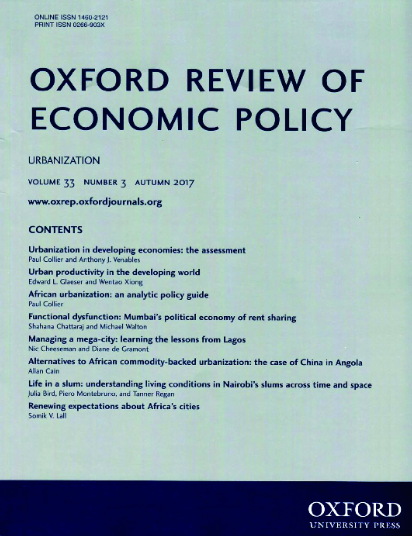对富人征税:财富和资本所得税之间的选择
IF 1.8
2区 经济学
Q2 ECONOMICS
引用次数: 1
摘要
本文分析了财富和资本所得税作为向富人征税的工具的相对优点。财富税的主要理由是解决税法在对未实现资本收益征税方面的不完整性,这些资本收益可能巨大且集中在富人中。然而,财富税对假定回报而非实际回报征税,未能解决财富相同但资本收入不同的纳税人之间的不平等问题。此外,财富税造成了流动性问题,可能会对成长型公司和初创企业产生不利影响,这就是为什么财富税通常为某些商业资产提供豁免和扣除。我们的实证分析基于瑞典注册数据,描述了最富有者的财富构成,并评估了财富和资本所得税不同组合的分配发生率。本文章由计算机程序翻译,如有差异,请以英文原文为准。
Taxing the wealthy: the choice between wealth and capital income taxation
This paper analyses the relative merits of wealth and capital income taxes as instruments for taxing the rich. The main rationale for a wealth tax is to address the incompleteness of the tax code in taxing unrealized capital gains, which can be enormous and concentrated among the wealthy. However, by taxing presumed rather than actual returns, a wealth tax fails to address inequality among taxpayers with the same wealth but different capital incomes. In addition, wealth taxation creates liquidity problems that may adversely affect growth firms and start-ups, which is why wealth taxes typically provide exemptions and deductions for certain business assets. Our empirical analysis, based on Swedish register data, describes the wealth composition of the wealthiest and assesses the distributional incidence of different combinations of wealth and capital income taxation.
求助全文
通过发布文献求助,成功后即可免费获取论文全文。
去求助
来源期刊

Oxford Review of Economic Policy
ECONOMICS-
CiteScore
12.50
自引率
1.50%
发文量
41
期刊介绍:
The Oxford Review of Economic Policy is a refereed journal which is published quarterly. Each issue concentrates on a current theme in economic policy, with a balance between macro- and microeconomics, and comprises an assessment and a number of articles. It gives a valuable appraisal of economic policies worldwide. While the analysis is challenging and at the forefront of current thinking, articles are presented in non-technical language to make them readily accessible to all readers. The Oxford Review is aimed at a wide audience including government, business and policy-makers, as well as academics and students. It is required reading for those who need to know where research is leading.
 求助内容:
求助内容: 应助结果提醒方式:
应助结果提醒方式:


